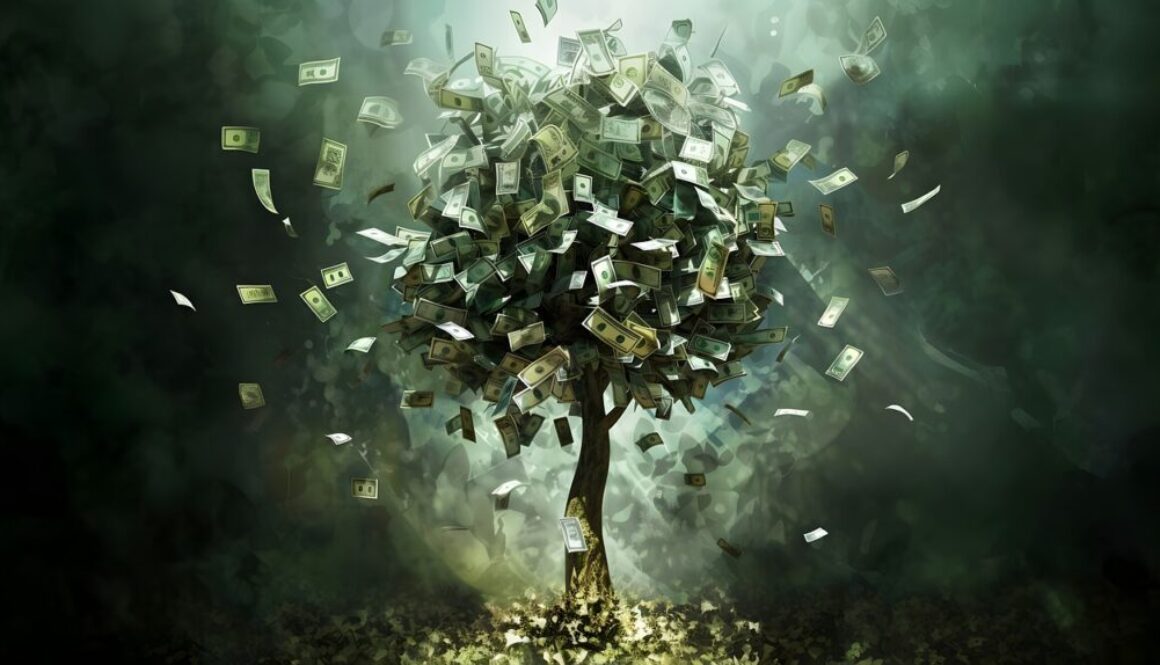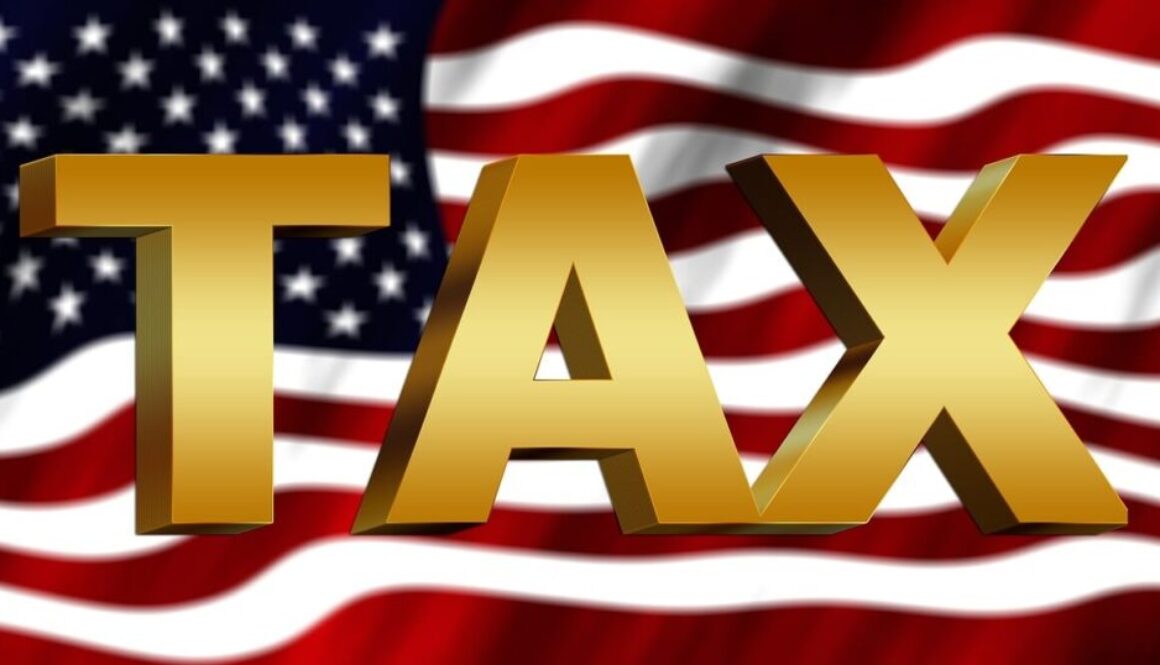It’s not just about how much you make—it’s about how effectively you manage and grow what you have
In a world where financial abundance seems more achievable than ever before, why is it that many people still find themselves struggling to make ends meet? It’s a paradox that perplexes many—a problem where income doesn’t always equate to wealth. Let’s delve into the complexities of this phenomenon and explore some practical suggestions on how to break free from the cycle of perpetual financial strain.
The Illusion of Wealth
One of the primary reasons people make money but remain broke is the attraction of instant gratification and the illusion of wealth. In our consumer-driven society, there’s constant pressure to keep up with the Joneses, leading many individuals to prioritize material possessions and fleeting pleasures over long-term financial stability. The temptation to indulge in luxury items, frequent dining out, or the latest gadgets can quickly drain even a substantial income.
Lack of Financial Literacy
Another contributing factor to the paradox of being broke despite earning a decent income is the lack of financial education. Many people simply don’t have the necessary knowledge and skills to manage their money effectively. From budgeting and saving to investing and debt management, financial literacy encompasses a wide array of concepts that are crucial for building and preserving wealth.
Debt Accumulation
Debt can be a major obstacle on the path to financial freedom. Whether it’s student loans, credit card debt, or mortgages, carrying a heavy debt burden can severely limit one’s ability to accumulate wealth. Even if an individual earns a high income, a significant portion of it may go towards servicing debt, leaving little room for savings and investments.
Lifestyle Inflation
As one’s incomes increase, so do their expenses in a phenomenon known as lifestyle inflation. Instead of saving and investing the additional income, many individuals succumb to the temptation of upgrading their lifestyle, whether it’s buying a bigger house, purchasing a fancier car, or indulging in luxury vacations. While enjoying the fruits of one’s labor is important, failing to live below one’s means can hinder financial progress in the long run.
How to Break this Cycle
- Create a Budget: Start by tracking your expenses and creating a realistic budget that aligns with your financial goals. Allocate your income towards essentials such as housing, food, and transportation, while also setting aside money for savings and investments.
- Reduce Debt: Develop a strategy for paying off existing debt and avoid accumulating new debt whenever possible. Consider consolidating high-interest debt or negotiating with creditors to lower interest rates.
- Increase Financial Literacy: Take the time to educate yourself about personal finance topics such as budgeting, investing, and retirement planning. There are plenty of resources available, including books, online courses, and financial advisors who can provide guidance.
- Live Below Your Means: Practice frugality and resist the temptation to keep up with extravagant lifestyles portrayed on social media. By living below your means, you’ll have more resources available for saving and investing, ultimately building long-term wealth.
- Set Financial Goals: Define clear financial goals for yourself, whether it’s saving for a down payment on a house, building an emergency fund, or planning for retirement. Having specific goals will help you stay motivated and focused on your financial journey.
To summarize, the paradox of being broke despite earning a decent income is a complex issue influenced by various factors such as overspending, lack of financial illiteracy, huge debt, and lifestyle inflation. By adopting a proactive approach to managing finances and implementing sound financial strategies, individuals can break free from the cycle of financial strain and work towards achieving true wealth and financial freedom. Remember, it’s not just about how much you make—it’s about how effectively you manage and grow what you have.

